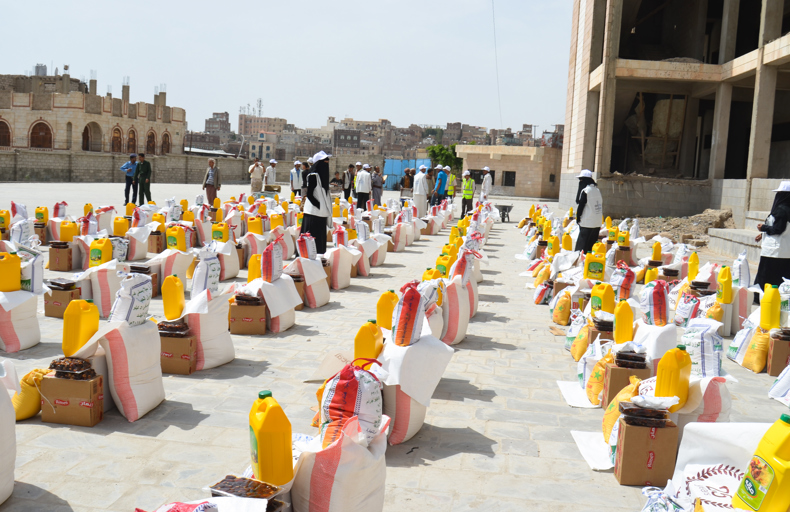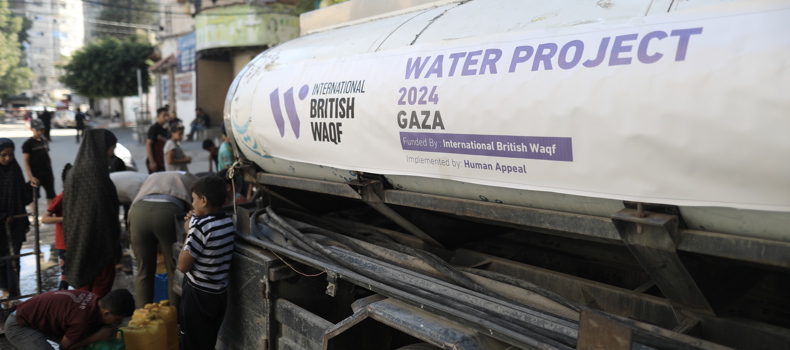Big changes ahead. Stay tuned!
Big changes ahead. Stay tuned!
Nothing here
Start typing to search
Searching..
Nothing matches
There are no matching results.
Sorry!
There has been an error.
Big changes ahead. Stay tuned!
Big changes ahead. Stay tuned!
Nothing here
Start typing to search
Searching..
Nothing matches
There are no matching results.
Sorry!
There has been an error.

What is Zakat?
Zakat, in Arabic, means giving to charity or the needy. It is the third pillar of Islam's five pillars that each Muslim believes in, which is:
1) Profession of Faith (shahada): The belief that "There is no god but Allah, and Muhammad is his Messenger.
2) Prayer (salat): Muslims pray five times daily: at dawn, noon, mid-afternoon, sunset, and after dark.
3) Zakat, almsgiving: Social responsibility is part of one's service to God; the obligatory act of Zakat enshrines this duty.
4) Fasting (sawm): During the daylight hours of Ramadan, all healthy adult Muslims must abstain from food and drink.
5) Pilgrimage (hajj): Every Muslim whose health and finances permit it must visit the holy city of Mecca at least once.
Zakat is the obligatory act of giving a portion of one's wealth to those who are in need. It guides the Muslim community to solidarity for social welfare, redistributing wealth within the Muslim society, and ensuring everyone can access basic necessities
The Basic Rules for Zakat: Every eligible Muslim must give Zakat, usually 2.5% of their accumulated wealth and savings. Expended to specified niches in the Quran include the poor, the needy, those in debt, travelers in need, and others. And like every single act in Islam, intention comes first, so the giver must intend to give this 2.5% as Zakat to fulfill their religious duty, paid on various forms of wealth, including cash, gold, silver, investments, and business assets.
Zakat vs. Sadaqah: When and How to Give:
A significant difference between sadaqah and zakat can be noticed in the Qur'an and Hadith regarding specified people in need in Zakat and Sadaqah and whether it is mandatory or voluntary. Here are the major elements that can vary Zakat from Sadaqah:
Obligatory vs. Voluntary: Zakat is an obligatory form of giving and one of the Five Pillars of Islam, which every eligible Muslim must pay. Sadaqah is a voluntary form of charity that can be given at any time and in any amount. It goes beyond financial help and can include acts of kindness, like a smile or helping someone in need.
Timing and Flexibility: Zakat is given once a year, usually during Ramadan, although it can be given at any time of the year as long as the lunar year has passed on the wealth. Sadaqa can be given at any time throughout the year, without specific timing or limited value, to earn blessings, fulfill personal spiritual goals, and provide support and kindness to others.
Eligible Recipients: Recipients of Zakat: The Quran mentions specific groups, including the poor, needy, those in debt, and travelers in need. Recipients of Sadaqah: are anyone in need, including friends, family, strangers, and the community at large. And does not have the strict recipient criteria that Zakat has.

Understanding Waqf (Endowment) in Islam
A waqf is an Islamic endowment and an extremely important part of the Sharia. When you dedicate certain assets or properties, such as a house or a piece of land, through an act of intention and declaration that this is going to be Frozen for charitable purposes, it can't be sold off, gifted, or inherited.
The assets or properties are often value-generating, like a water well or income-generating, where the profits are used to support various causes, such as education, healthcare, and social welfare. Once established, they move from the realm of private property to something that's almost like public property.
Why Waqf is the best form of Sadaqah
The sustainable impact of waqf: The charitable purpose of Islamic Waqf is preserved for generations. Once it is established, it can't be sold, gifted, or inherited, and that is quite different from the immediate relief provided by a one-time donation.
The broad scope of waqf: Waqf can support wider activities that individuals rarely handle alone by Saddaqah, like establishing educational organizations and healthcare centers, social services collaboration, and infrastructure.
Waqf and Community support: Waqf strengthens community bonds by lining up communities for bigger goals that influence the quality of life of the local and wider community and fosters a culture of giving and mutual support.
Religious Significance of waqf: Seen as a way to earn continuous rewards by considering the waqf as (Sadaqah Jariyah) even after one's death. Establishing an Islamic Waqf provides ongoing benefits to ensure that the donor continues to receive spiritual rewards.

Rewards and Significance of Each Type of Giving
Let us agree that Allah generously rewards all good deeds, no matter how small the amount. Every pound, dollar, and penny can save a life. The Messenger of Allah (PBUH) said "The reward of deeds depends upon the intentions, and every person will get the reward according to what he has intended." (Sahih Bukhari, Book 1, Hadith 1)
He also said, "Guard yourselves against the Fire (of Hell) even if it's only with half a date fruit (given in charity). Riyad as-Salihin 692
Here are some Hadith References on the Importance and Rewards of such Charitable Acts:
The Obligatory Act of Zakat:
The Prophet Muhammad (PBUH) said, "Islam is based on (the following) five (principles): to testify that none has the right to be worshiped but Allah and Muhammad is Allah's Apostle, to offer the (compulsory congregational) prayers dutifully and perfectly, to pay Zakat (i.e., obligatory charity), to perform Hajj (i.e., Pilgrimage to Mecca), and to observe fast during the month of Ramadan." (Sahih Bukhari, Book 2, Hadith 7)
"Allah has made Zakat obligatory only so that what is left for you would be better for you." (Sahih Bukhari, Book 24, Hadith 484)
The Voluntary Giving of Sadaqah:
The Virtue of Islamic Waqf: